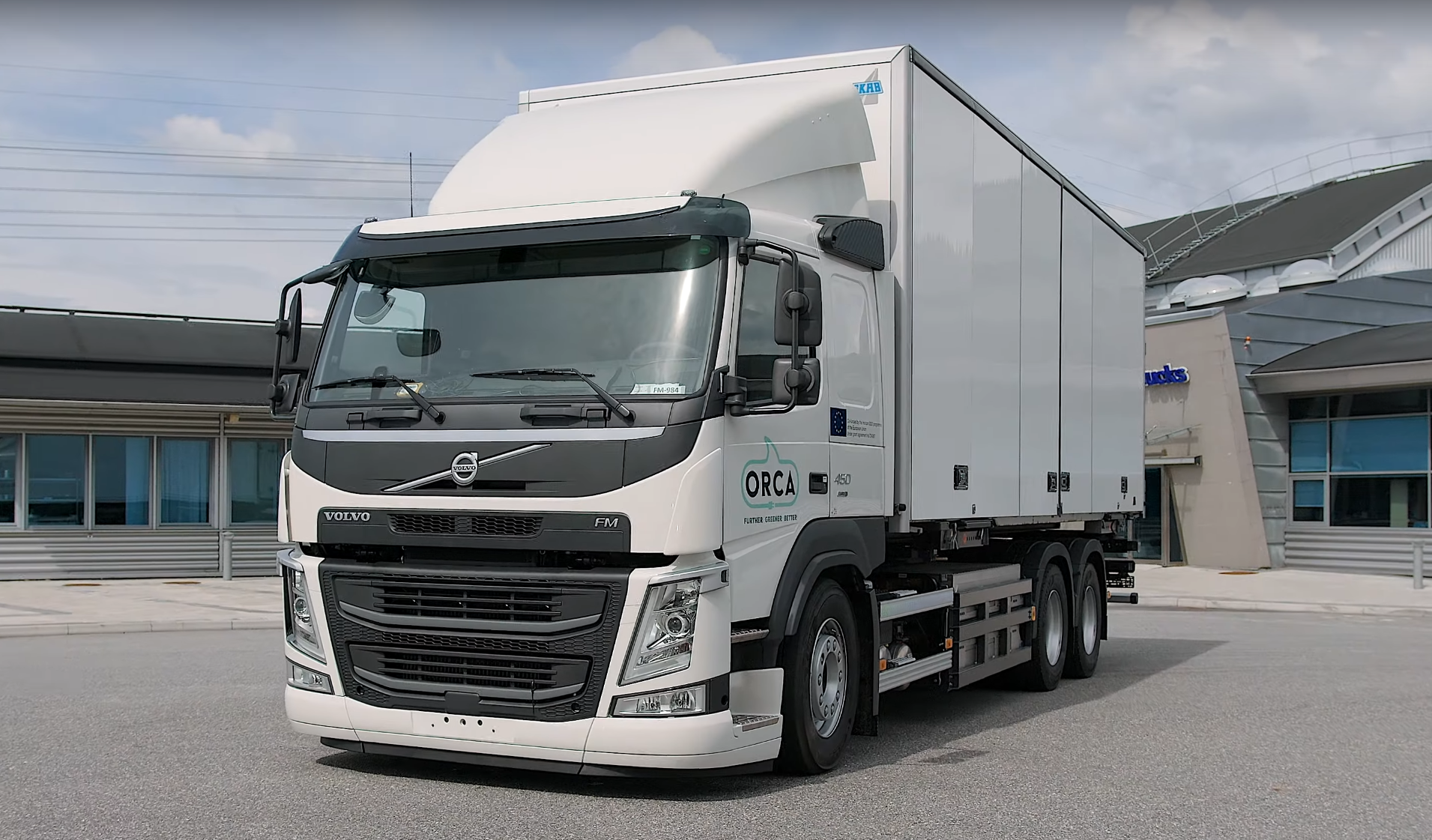Development of efficient and low-emission buses and trucks with hybrid drives


The ORCA project (Optimized Real-world Cost-competitive modular hybrid Architecture) is developing technologies and tools for hybrid commercial vehicles. In addition to reducing emissions, the aim is to increase the range in electric mode and lower the total cost of ownership (TCO) compared with current concepts. A key focus here is on the comprehensive analysis of the vehicle’s energy management. This requires the modeling of all the systems involved, including any potential interactions.
A hybrid bus and hybrid truck are being used as demonstration vehicles. The specific objectives of the project are defined as follows:
As well as , other emissions such as were also included in the analyses. Specific requirements resulting from operational scenarios with environmental zones in inner-city areas, where the vehicle must be able to operate in 100% electric mode, were also evaluated in the project using simulations.
Fraunhofer LBF was involved in the development of a multi-scalable simulation platform for the project. A model for thermal management of the entire vehicle was created, including the cooling circuits for the engine, energy storage and auxiliary consumers as well as the cab heating system. During the simulations, the energy efficiency benefits of heat recovery and storage technologies were demonstrated and quantified within the context of different usage scenarios.
In addition, the use of a CNG (Compressed Natural Gas) engine was evaluated virtually in terms of emissions as an alternative to the currently preferred diesel engines. Hybrid drive systems with different combustion engines were compared based on specific vehicle uses; for example, in urban traffic or urban periphery traffic. In all the scenarios studied, the CNG engine achieved a reduction in emissions of more than 10 percent and a reduction in emissions of more than 50 percent compared with the diesel engine.
Based on the results of the models and analyses, the project team built two actual demonstrator vehicles — a hybrid truck from VOLVO and a hybrid bus from IVECO. These allow the project results to be validated in real-world operation. In this way, the project is laying important foundations for the development of more efficient and environmentally friendly commercial hybrid vehicles.
